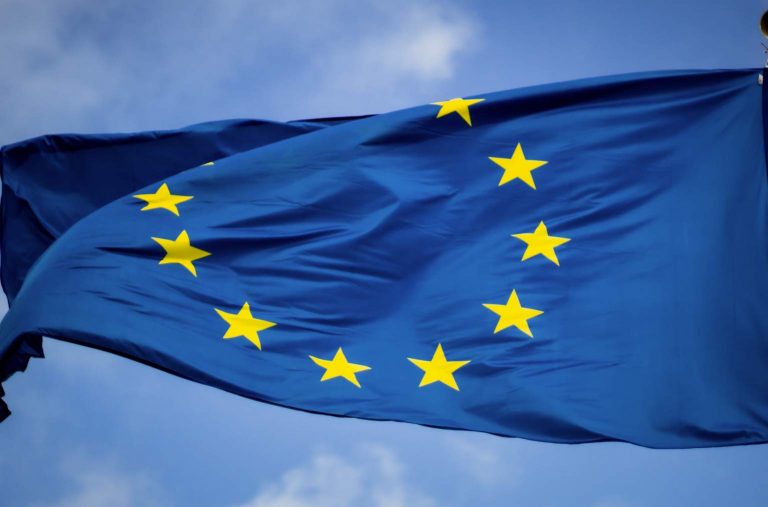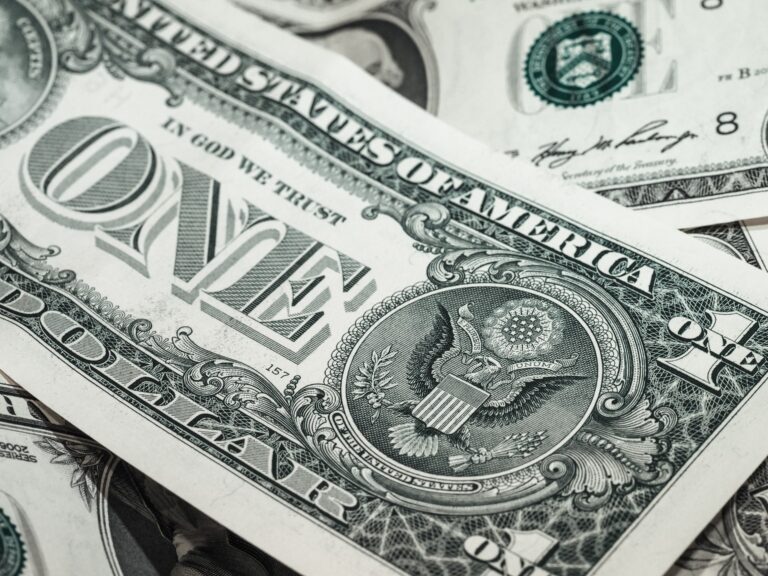
Morning Brief – Hokey Cokey
The public handling so far of challenges to the EU’s vaccination program have been little short of disastrous. Tensions and criticisms have built within and outside of the European Union with accusations of protectionism and foul play levied towards the European Commission in particular. The challenge to the bloc flies directly in the face of the market’s core expectation for this year: a stronger Euro. Increasing political risk across the Eurozone and a stunted vaccination program creates great risks for the Euro. With markets still holding onto record high open speculative positions on the Euro, it is possible that a further deterioration in the bloc’s foreign policy and challenges to the vaccination program could cause investors to lose faith in their calls, prompting a sharp correction. With the EURUSD pair already having fallen to critical support levels around two-month lows, this week will be critical for the Euro.
What started off as a dispute between Astra Zeneca over access to their vaccination jab created in coordination with Oxford University rapidly turned into much more. The announcement by the company that they might only hit 50% of their expected supply of doses in the first three months’ of the contract appeared to be manoeuvred as a scape goat. This announcement and the company by consequence seemed to be positioned to shift the blame upon for the EU’s failing vaccination program. The reality was however, that the failures of AZ could not possibly be to blame for the stunted rollout of Europe’s vaccination program given that it had, at that time, not yet been approved for use in the bloc.
As last week progressed the dispute between the bloc and the pharmaceutical company spilled out into the bloc’s foreign policy. Discussions beginning in Germany began to gather momentum and prominent Union figures began to discuss preventing exports of vaccine doses from the bloc should supply commitments continue to not be met on EU contracts. These comments were met with calls of undue protectionism and concern of one group of nations hoarding a public good, but the fallout was limited. On Friday evening, however, the European Commission unilaterally moved to invoke article 16 of the Northern Ireland Protocol. This is the doomsday or nuclear option to take immediate action on the border of Northern Ireland when “economic, societal or environmental difficulties” are unmanageable. This declaration it thought would allow it to introduce export controls on vaccines produced in the EU.
What it hadn’t bargained on it appears was the immense backlash from both EU member states, the UK and observers alike all of whom were stunned by the Commission’s unilateral push to invoke the treaty. The Northern Ireland Protocol was a key sticking point in Brexit negotiations and this careless move on a Friday night appeared to fly in the face of both the protocol and the Good Friday Agreement that the protocol is in place to preserve. The EU hastily and almost immediately withdrew its intention to trigger article 16 and that this had been an oversight.
The Commission’s reckless actions given the propensity for political change throughout the bloc notably in countries including the Netherlands, Germany and Italy will exaggerate political risk in the Union. Many nations within the bloc have a propensity towards populism and actions such as these might be thought to fuel the campaign of these parties. This increased risk could force at least the speculative portion of the foreign exchange market that has for a while now held record numbers of open contracts betting on the Euro’s appreciation to reassess their calls on the single currency. EURUSD, the most liquid currency pair, at the last data release still showed 24% of open interest long of the currency pair. A long squeeze might therefore be in store for the Euro if it fails to defend this important support level.
Discussion and Analysis by Charles Porter

Related Insights

Daily Brief – EU Inflation
EU Inflation With the ECB annual symposium meeting in sunny Sintra, Portugal, inflation is very much on President Lagarde’s mind ; that is because it is showing signs of rising with the monthly inflation rate showing an increase of 0.3% and that presages a break above the target 2% rate just as she and her colleagues […]

Daily Brief – Gold
Gold With Gold accounting for the second highest proportion of Central Bank reserves after the USD and the mood music shifting to it assuming a greater influence on future reserves management, it is worth looking at the numbers behind that. In the 1960s, Central Banks held the highest amount historically of 38,000 tons of gold. […]

Daily Brief – US Dollar
US Dollar Markets not liking POTUS pontificating on the Federal Reserve’s interest rate policy on Wednesday, and less still on his view about the competence or otherwise of Chairman Powell. Given the past few weeks, the betting is that Powell’s time is over either being replaced or having a Trump nominee second guessing him but […]



 Humphrey Percy
Humphrey Percy